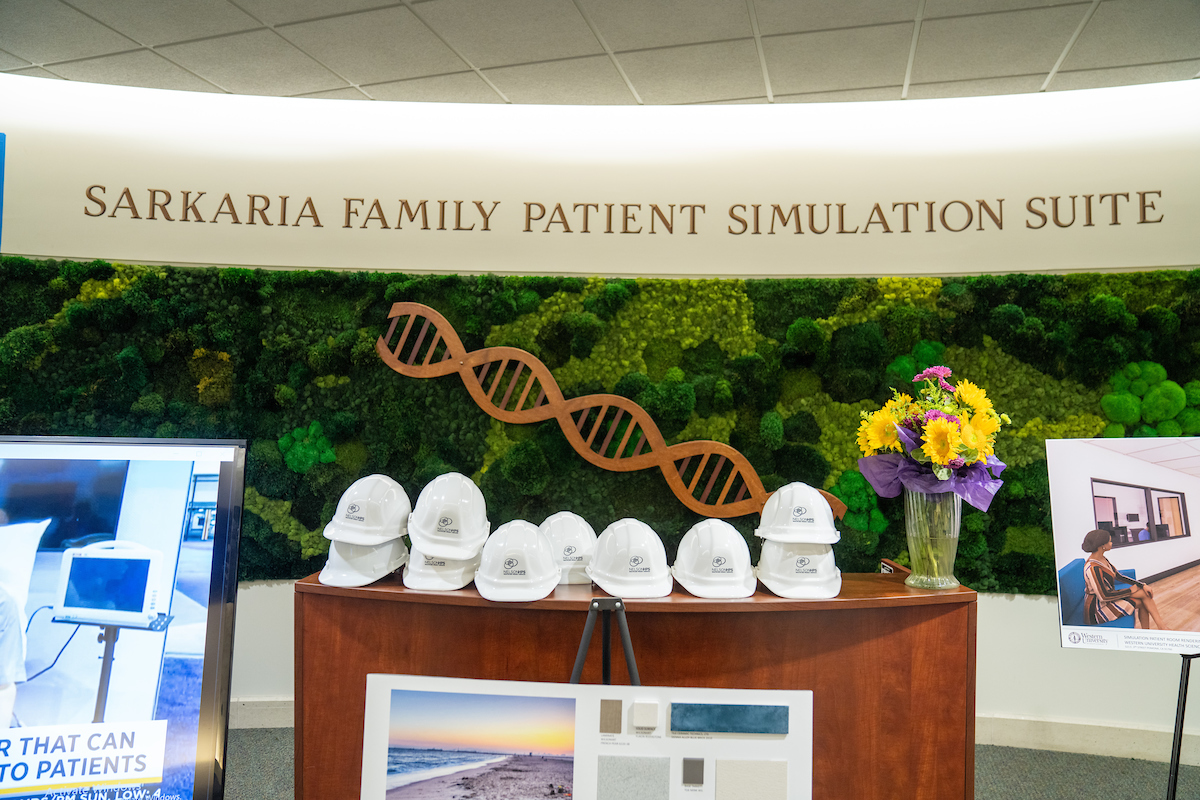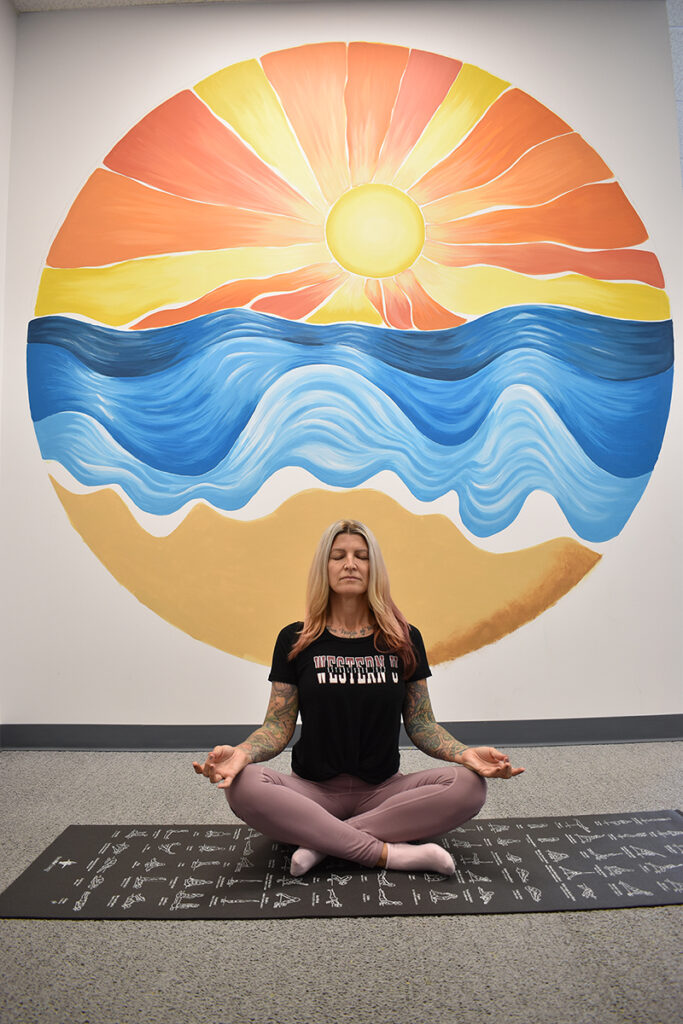
Access to health care should be a universal right, irrespective of race, socioeconomic status, or location. However, glaring disparities persist in health care access and outcomes, disproportionately affecting marginalized communities. These disparities are rooted in complex social, economic, and environmental factors, creating barriers to quality health care for communities of color, low-income individuals, and rural populations.
Western University of Health Sciences (WesternU), the College of Osteopathic Medicine of the Pacific (COMP), and COMP-Northwest have taken a proactive stance in addressing these disparities through its Doctor of Osteopathic Medicine (DO) program. WesternU is committed to nurturing a new generation of health care professionals who are not only clinically proficient with a humanistic approach, but also deeply attuned to the needs of underserved communities.
- Diverse Student Body: WesternU’s DO program actively promotes diversity within its student body, reflecting the multicultural society it serves. This ensures that graduates possess a comprehensive understanding of the various backgrounds and cultures they will encounter in their practice.
- Community Engagement: WesternU encourages DO students to engage with the communities they serve, fostering firsthand experience in addressing health disparities through volunteer work, community health initiatives, and clinical rotations in underserved areas.
- Culturally Competent Humanistic Care: WesternU’s curriculum prioritizes cultural competence and sensitivity training. Future health care providers learn to deliver care that respects patients’ cultural beliefs and values, reducing mistrust and improving health outcomes.
- Research and Advocacy: WesternU’s faculty and students actively engage in research and advocacy to identify the root causes of health disparities and propose policy changes. Their commitment extends beyond the classroom, effecting meaningful change in the real world.
- Technology Forward: Recognizing the role of technology in improving health care access, WesternU integrates state-of-the-art technology and simulation training into its DO program, equipping graduates to serve rural and underserved populations through tech.
The DO program has made significant strides in promoting health equity. However, the journey is ongoing. Achieving equitable health care requires collaboration, innovation, and unwavering dedication from all stakeholders in the health care ecosystem—health care providers, policymakers, and educators must work together.
 Thanks to our supporters and donors, health equity is an attainable goal, and not just a distant dream. Together, we can shape the future of health care by supporting students as they become compassionate, culturally competent, humanistic, and community-focused providers. By addressing the urgent need for equitable health care, we not only improve lives but also contribute to the collective well-being of society, one student at a time.
Thanks to our supporters and donors, health equity is an attainable goal, and not just a distant dream. Together, we can shape the future of health care by supporting students as they become compassionate, culturally competent, humanistic, and community-focused providers. By addressing the urgent need for equitable health care, we not only improve lives but also contribute to the collective well-being of society, one student at a time.
Are you interested in contributing to a more equitable future in health care?
Visit alumnifriends.westernu.edu/give to see how.


